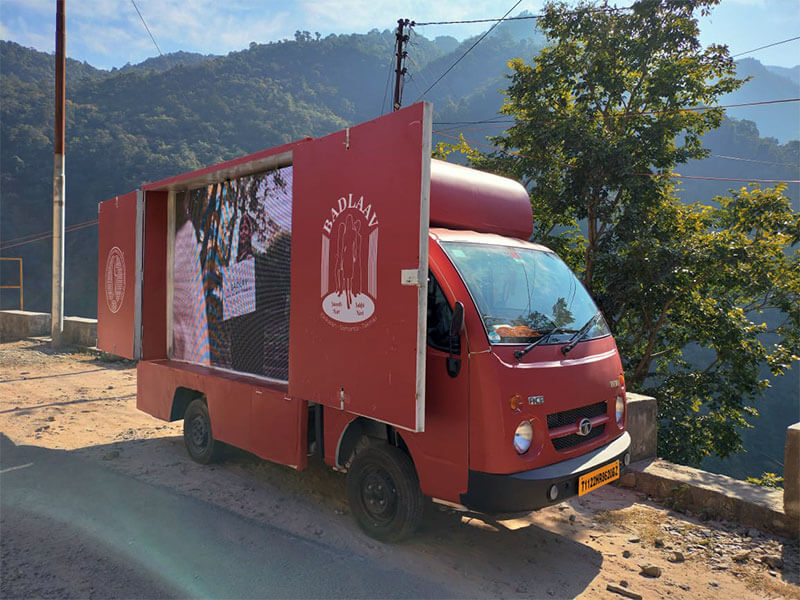“Nari Swasthaya Janandolan Yatra – Na Na Anemia Drive”-was launched on 29th November, on the holy banks of river Ganges at Rishikesh. This novel and one of its kind concept is planned by the FOGSI President, Dr Hrishikesh D Pai, under his Badlaav campaign, and aims to spread health and happiness amongst women. The Yatra is a unique amalgamation of free health camps, public forums and educational CMEs, planned in 5 states – Uttarakhand, Jharkhand, Uttar Pradesh, Bihar and Bengal; all targeted towards decreasing the incidence of anemia in our country.

Following the unveiling, began the memorable Yatra from Rishikesh to Dehradun, when all doctors travelled in the Red anemia hatao bus. The first health camp was at AIIMS Rishikesh under the supervision of Dr Jaya Chaturvedi. Hundreds of women were screened for anemia and other health issues. After the successful camp, a public health forum was organized by Dehradun Obstetrics and Gynecological society led by Dr Arti Luthra. Honorable Chief minister of Uttarakhand, Shri Pushkar Singh Dham ji and the Honorable health minister, Shri Dhan Singh Rawat ji also graced the occasion and gave their blessings for Yatra. Many other known personalities from Dehradun, school teachers and common people also actively participated in the forum and shared their suggestions about decreasing anemia in the society. This was followed by a CME which included panel discussion and talks pertaining to anemia and other gynecological disorders.
The Yatra covered over 4000 km in 21 cities over 40 days, covering 5 Indian States (Uttarakhand, UP, Bihar, Jharkhand and West Bengal) and 21 FOGSI societies. Dr Pai personally visited 20 out of 21 cities and approximately 6 crore people were touched. The ride also had a large red anemia bus and a big video van that was used to play women’s health related messages, specially prepared by FOGSI members. The van and bus were parked on the road, so as to reach out to the community. 21 health check-up camps were conducted, relevant data was collected and more than 4000 patients were examined. Besides these, 21 public forums and 21 continuing medical education workshops were also conducted.









